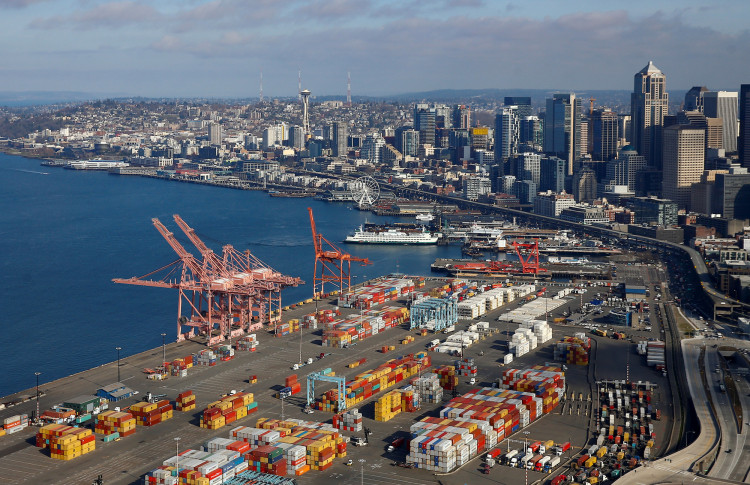In a strategic move reflecting the growing concerns over maritime security, the global shipping giant Hapag-Lloyd has announced its continued preference for the longer Cape of Good Hope route over the perilous waters of the Red Sea. This decision comes despite the formation of an international joint task force, illustrating the enduring severity of the security situation in the region controlled by the Yemeni Houthi insurgents.
The recent declaration by Hapag-Lloyd underscores the complex calculations shipping companies must consider amid heightened risks. Despite the task force's deployment intended to shield vessels from Houthi attacks, Hapag-Lloyd, along with other industry players, remains cautious, opting for the detour around Africa's southernmost point. This route, while longer and potentially more costly in terms of fuel and time, offers a safer passage compared to the fraught Red Sea corridor.
The International Chamber of Shipping had previously highlighted the significant repercussions of such rerouting, pointing to increased operational costs and potential delays in delivery. Shipping expert Sue Terpilowski echoed these concerns, noting the broader impact on supply chain dynamics and the likelihood of consumers bearing the brunt of escalated costs due to higher crew, fuel, and insurance expenses.
The decision by Hapag-Lloyd comes in the wake of continued hostilities in the region. The Houthis, controlling strategic maritime points, have shown no signs of de-escalation, with recent attacks on merchant vessels like the MSC United VIII highlighting the persistent threat. The MSC Mediterranean Shipping Company confirmed the attack on its container ship en route to Pakistan, fortunately without casualties.
While Maersk and CMA CGM have indicated their readiness to resume Red Sea transport, citing the joint escort force's protective presence, the industry's overall sentiment remains one of caution. Maersk has warned that the risk in the region is far from over, and a full-scale return of ships to the Red Sea is not expected imminently. The schedule for upcoming weeks shows a mix of ships continuing through the Suez Canal and those opting for the longer journey around the Cape of Good Hope.
As the maritime industry grapples with these complex security challenges, the situation continues to inject uncertainty into global trade routes. With international oil prices fluctuating and container shipping indices responding to these developments, the normalization of Red Sea transport remains an uncertain prospect. Companies like Hapag-Lloyd, prioritizing the safety and security of their operations, are setting a cautious course that may well influence the broader strategic approach of the shipping industry in these turbulent times.





